Culture Before Corporate: The Perils of Legal Cannabis Without Legacy Amnesty
The increase of legal cannabis in the United States is almost yesterday’s news, but something that remains top priority for cannabis consumers, entrepreneurs, and lawmakers in the wake of almost-fully legal cannabis, is legacy amnesty.
As important as it is for the legal cannabis industry to address past injustices by expunging records and ensuring equity exists in today’s market, the industry must also provide the proper pathways for members of the legacy market to transition into the legal one without being left behind.
For this episode of The Edge, The Bluntness’s Gregory Frye sat down with co-founder and CEO of The People's Dispensary, Christina De La Rosa, and co-founder and managing member of Happy Munkey LLC, Vladimir Bautista. The pair discuss their experiences in cannabis, culture vs. corporate, and what to expect for true legacy amnesty.
Bringing Legacy Cannabis Experience to the Legal Market Today
De La Rosa began using cannabis medicinally in 2015 to treat symptoms of lupus, after being unsuccessfully prescribed eleven synthetic drugs over the course of five years. “It changed my life,” De La Rosa says. “I went from not being able to work for five years, to my body feeling better than ever.”
De La Rosa was working as a database architect at the time, but her experience with cannabis inspired her to pursue it as a career with the hope that she could help destigmatize the plant, specifically among communities of color.
“I didn’t think I could go back to my ‘normal’ life again knowing there were so many People of Color, especially those suffering from chronic illnesses, who didn’t understand that this was not a ‘drug’ – it was a medicine,” De La Rosa says.
Her experiences inspired De La Rosa to open The People’s Dispensary, a multi-state footprint that prioritizes cannabis wellness education and social equity within the industry.
For Bautista, a born-and-raised Harlemite, he noticed how difficult it was for his community to obtain quality cannabis at a young age. As a teenager, he and his friends had to travel a few miles north just to find good product, which eventually inspired Bautista to start selling on his own.
“I told myself, I’m going to buy an ounce of weed from over here, and if it doesn’t sell, I’ll smoke it,” Bautista grins. “That’s how my legacy career got started. That was 22 years ago.”
His experience in the legacy industry brought Bautista to where he is today: co-founder and managing member of Happy Munkey LLC, a New York City lifestyle company that has become synonymous with cannabis.
From Legacy to Legal: Collaborating for the Betterment of All
“About five years ago, my co-founder Ramon [Reyes] went to Amsterdam and had an amazing experience at one of their cafes. He smoked with people from all over the world and got his first taste of what a consumption lounge could look like,” Bautista says. “He saw the impact it had on people – the socialization.”
Reyes returned to New York with a plan: to do the same thing here. Bautista was initially hesitant, but Reyes was convinced this would be the future of cannabis.
“We started doing events, and it felt like people had been waiting for that. Being here in a place where people don’t have spaces to consume, it was an instant hit,” Bautista said.
The partners saw they were onto something and quickly began to expand, bringing Happy Munkey to what it is today, connecting lawyers, politicians, chefs, doctors, athletes, influencers, creative artists, and everyone in between with one common denominator: a mutual love for cannabis.
Bautista and Reyes didn’t stop at Happy Munkey either – the partners played a role in successfully influencing the New York policymakers to include a social aspect in the 2021 cannabis legislation.
“It wasn’t just about our business model – it was a social justice concern in general,” Bautista says. “A place like New York has one of the biggest populations in the country as a city, and we knew that if people didn’t have a safe place to consume, it was going to put people in a bad place.”
With around half a million New Yorkers living in federally funded public housing, this automatically renders those with lower income less likely to have a safe and private space to legally consume cannabis, even with the plant’s new legal status. This puts a large amount of the population at risk of losing their homes or benefits if they’re caught consuming cannabis.
See what kind of impact legacy stakeholders can make? This critical piece of New York’s cannabis legislation would have been otherwise overlooked.
“And it goes deeper,” Bautista says. “Even if you go to the other side of the tracks, in Manhattan, 80 percent of all apartments owned are co-ops, which means a board can kick you out at any given time. So even the more affluent people would have been in jeopardy. It was something that was going to impact society in a negative way all around if they didn’t have a safe space to consume.”
Concepts like these reinforce the importance of the legacy market having a say in today’s legal industry – these are the players who’ve been in the weeds (literally) since the start, and their experiences with both the wins and struggles of having to operate underground for so long have called quite a few issues to attention.
Why Legacy Amnesty is Critical for the Legal Cannabis Market
“You’ve heard it called the ‘black market’, the ‘informal market’ – each of those have different connotations, but neither of them are correct,” De La Rosa says. “Cannabis has never been an informal market; it is an actual market. If it wasn’t a market, then all of these white corporates wouldn’t be rushing in, merging and acquisitioning each other trying to get in.”
However valid the legacy market has always been, the growers, distributors, manufacturers, and cultivators who’ve carried the industry on their backs for decades, are having to fight being pushed aside today. And although the legacy market is represented by several demographics, Black and Brown people have been most targeted by anti-cannabis laws over time.
The People’s Dispensary is one of the companies that began operating within the legacy market and is now running legally, since California’s legalization of adult-use cannabis in 2016. De La Rosa shares that the transition from legacy to legit was not an easy one.
“There was no pathway for us to come into the legal market,” De La Rosa says. “We couldn’t utilize anything we’d made previously in the legacy market as our financials. We couldn’t show that our brand had traction – all of the things a normal company would be able to do.”
As legislation rolled out, De La Rosa and her team noticed that the regulations did nothing to support legacy folks moving into the formal market.
“That’s why we see this huge number disparity. $20 billion of revenue in 2020 in the legal market, and $60 billion in the informal market,” De La Rosa says. “Why is that? Because we weren’t able to bring a lot of our legacy operators into the formal market.”
This lack of support has forced much of the legacy market to continue operating as is, which puts them at a legal risk their newly-licensed counterparts do not experience.
This is startlingly similar to the risk that continues to affect people with lower incomes who don’t have a safe space to consume legal cannabis.
“I think Vlad hit upon that with the Section 8 housing – these are all places where another prison pipeline could be developed if we don’t do these things right now, to ensure it doesn’t,” De La Rosa says.
These concepts inspired De La Rosa to launch a campaign in support of legacy amnesty, calling for all legal states to provide pathways for legacy operators to transition with ease.
In order for the legacy market to transition successfully, operators need to be able to use their existing funds without needing to verify the source, sell existing and tested products, exclude assessment of and charges for back taxes, get assistance in workforce development, and enjoy discounted fees for license applications.
How New York Can Set the Stage for Legacy Amnesty
Legacy amnesty is absolutely critical to consider when legalizing the plant, and with New York having one of the highest populations in the country and one of the most prominent hubs for the legacy market in the world, the industry is looking to the state as a model for how legacy amnesty should be handled.
“Most people entering this market on the legal side have absolutely no data or experience on how to deal with it,” Bautista says. “So, why wouldn’t you work together instead of against, to make this a fully-optimal market where everybody benefits?”
Between the legal and legacy markets, Bautista estimates New York’s cannabis sales to sit somewhere around $8-$10 billion per year, but these numbers may be greatly affected if the legacy market isn’t treated with respect.
“These numbers were built on the backs, freedom, and blood of the legacy market,” Bautista says. “Why wouldn’t you be willing to cooperate and join forces? You can’t beat someone who’s been operating for 80 years.”
Bautista and De La Rosa believe that if the legacy and legal markets are able to work together efficiently, rather than being pitted against one another, the industry would be at its absolute strongest.
Twenty percent of New York cannabis’s gross revenue is supposed to go to the people that have been most negatively impacted by the War on Drugs – mainly poor Black and Brown communities. This revenue will only grow if the legacy market is included, allowing everyone to benefit: the communities, the taxpayers, the government, and the people of the state overall.
With a large amount of benefits and no cons other than time and effort, it just doesn’t make sense to leave out pathways for the legacy market when creating cannabis legislation.
“Unless you just really want to ex out Black and Brown people, there is no other justification, morally or business-wise, why this would not be the smart play,” Bautista says.
Businesses like The People’s Dispensary and Happy Munkey aim to set a standard for other operators that prioritizes community and equity, while also giving people what they least expect.
“The reason [Happy Munkey] has become the nexus between corporate and culture, is because we mix both together. We’ve been able to include the doctors, the lawyers, the CEOs, and have them next to the legacy market, next to the artists, next to the athletes...showing them, this is the right way,” Bautista says.
Happy Munkey’s efforts prove how necessary it is to include both perspectives in the legal industry, speaking to each other for ultimate success.
“I think it’s helped both sides understand each other. The corporate watches us to understand about the culture, the culture watches us to understand about the corporate. Sometimes, people just have a fear of the unknown. Our events having both sides consuming in peace, love, and harmony, has really shown people that it’s not what they think it is.”
Are you still missing out on The Bluntness newsletter? Sign Up today to stay in the loop.
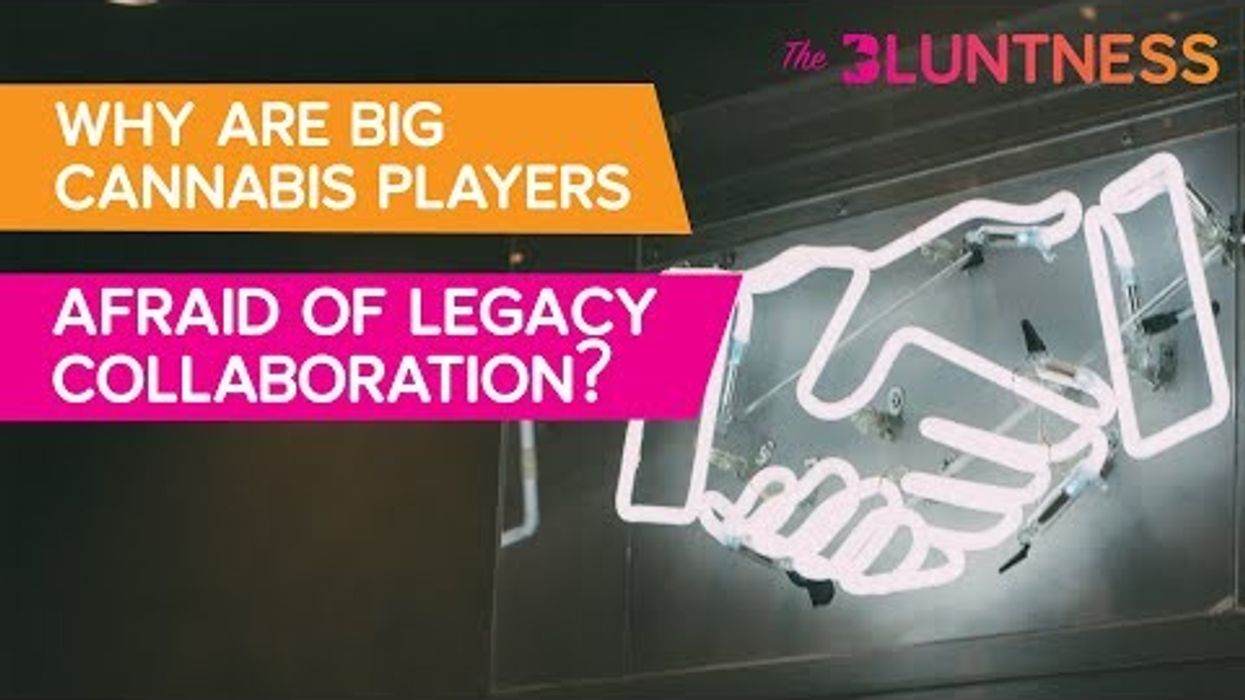

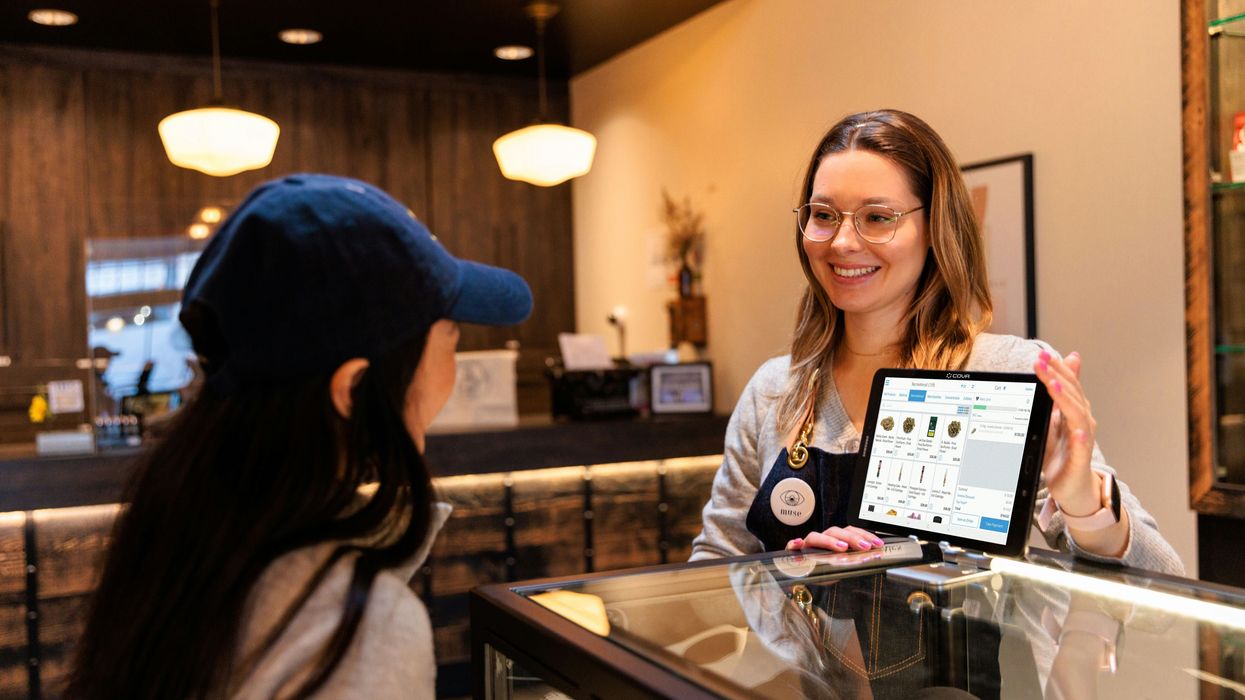
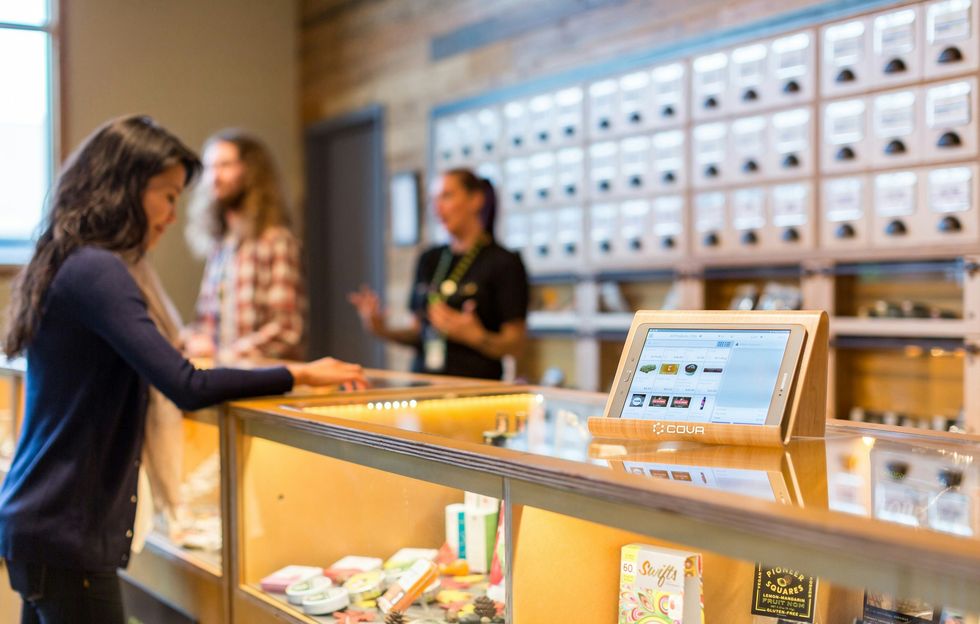 How to Become a Budtender: Complete Career Guide & Salary Information - The Bluntness Photo by
How to Become a Budtender: Complete Career Guide & Salary Information - The Bluntness Photo by  How to Become a Budtender: Complete Career Guide & Salary Information - The Bluntness Photo by
How to Become a Budtender: Complete Career Guide & Salary Information - The Bluntness Photo by 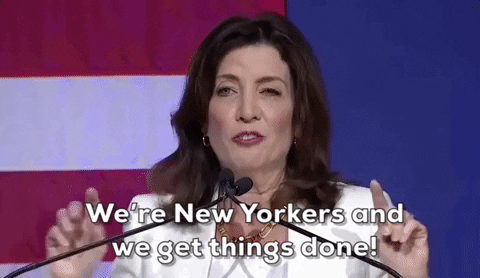
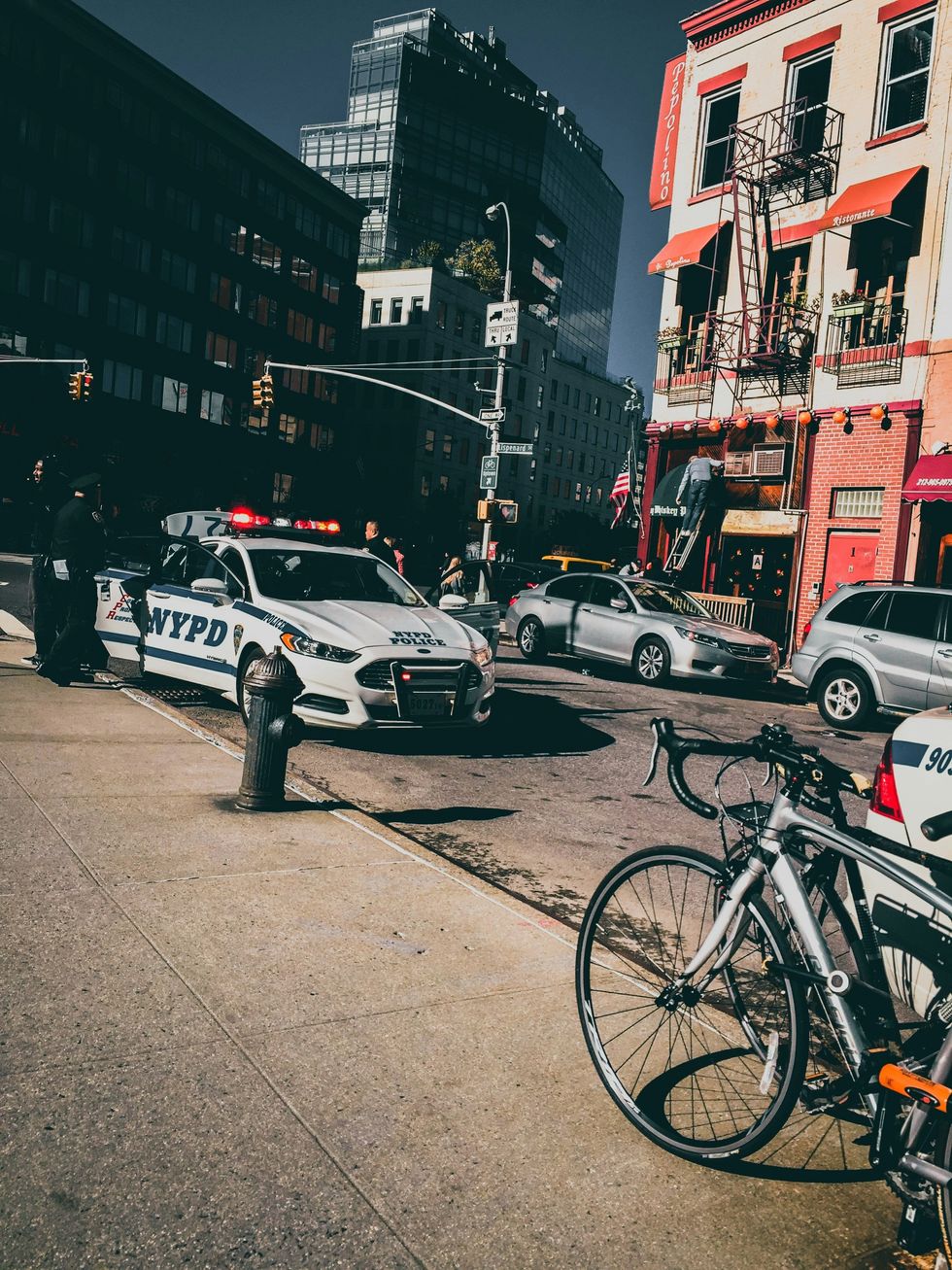 Why Gov. Hochul’s Cannabis Crackdown Stinks of Regression - The Bluntness
Photo by
Why Gov. Hochul’s Cannabis Crackdown Stinks of Regression - The Bluntness
Photo by 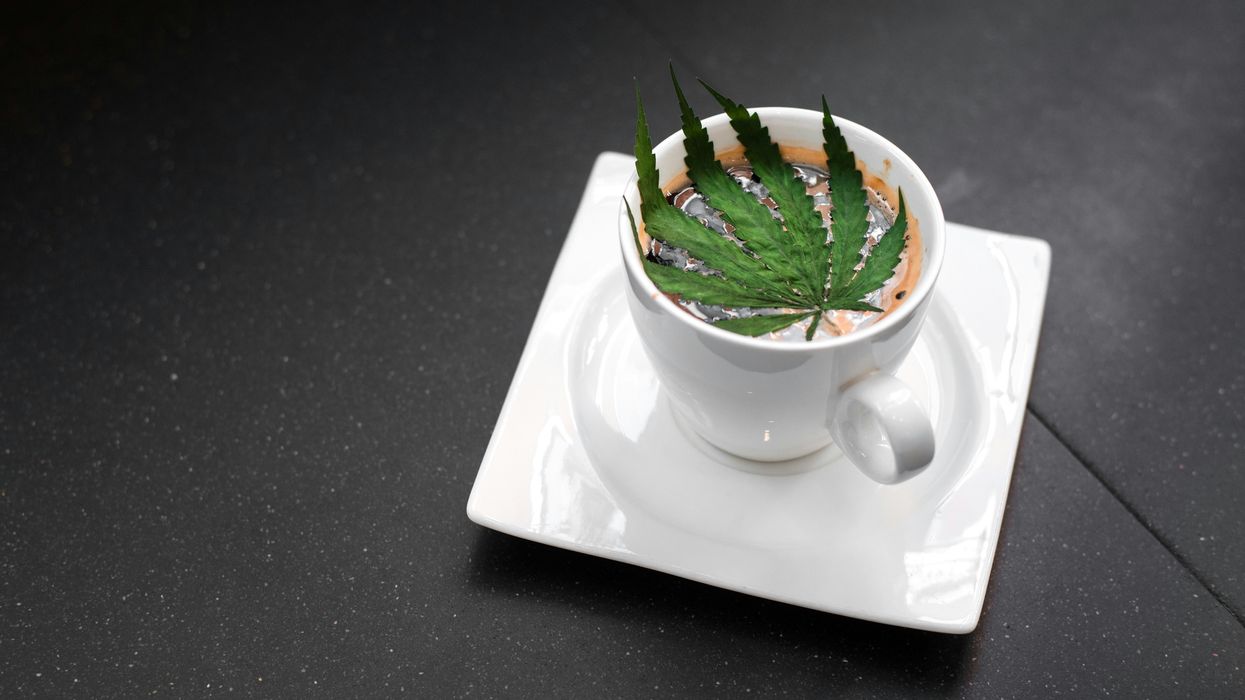
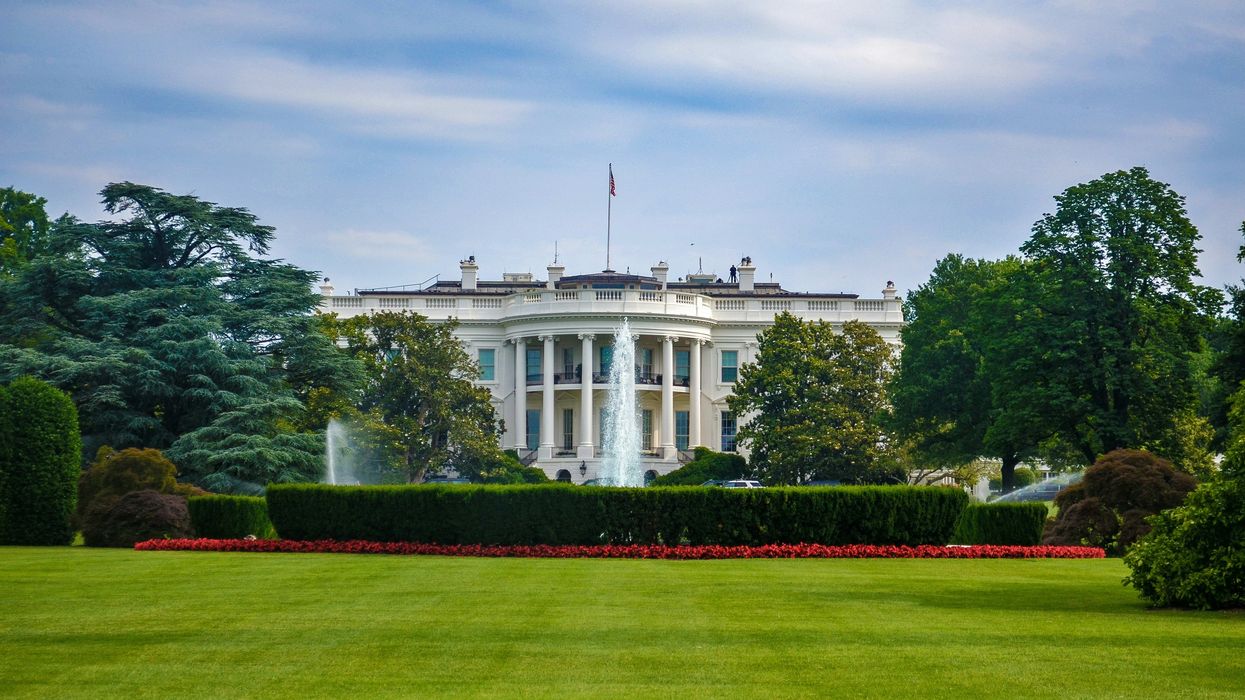
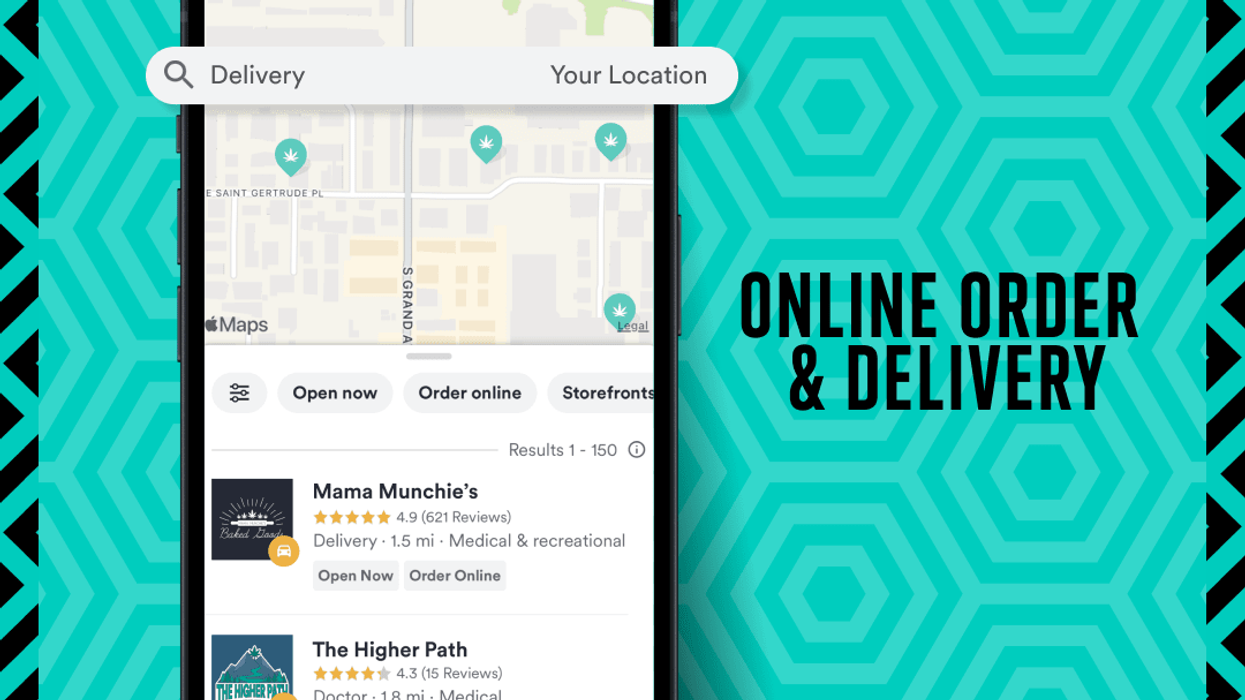
 Weedmaps: Educational Resources and Cannabis Advocacy
Weedmaps: Educational Resources and Cannabis Advocacy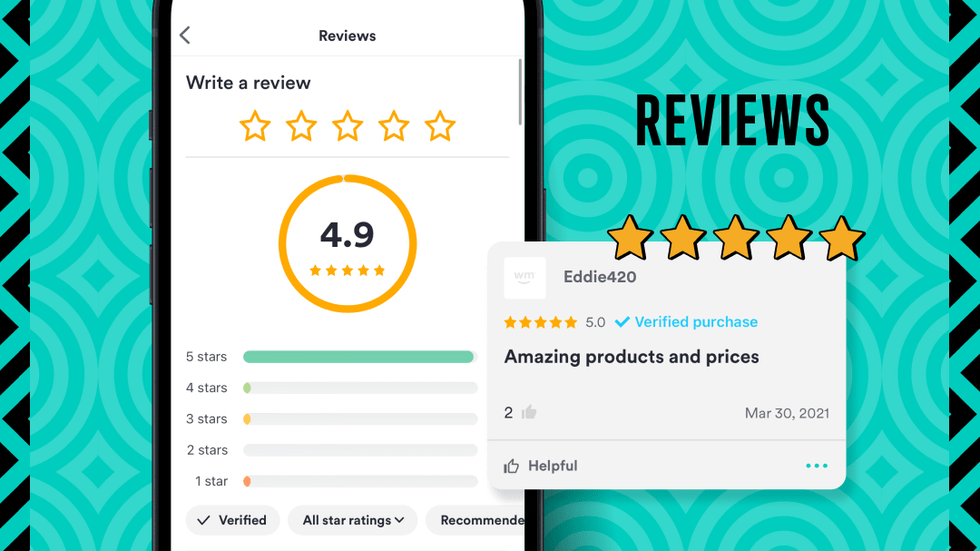 Weedmaps is enhancing how we access and interact with cannabis products
Weedmaps is enhancing how we access and interact with cannabis products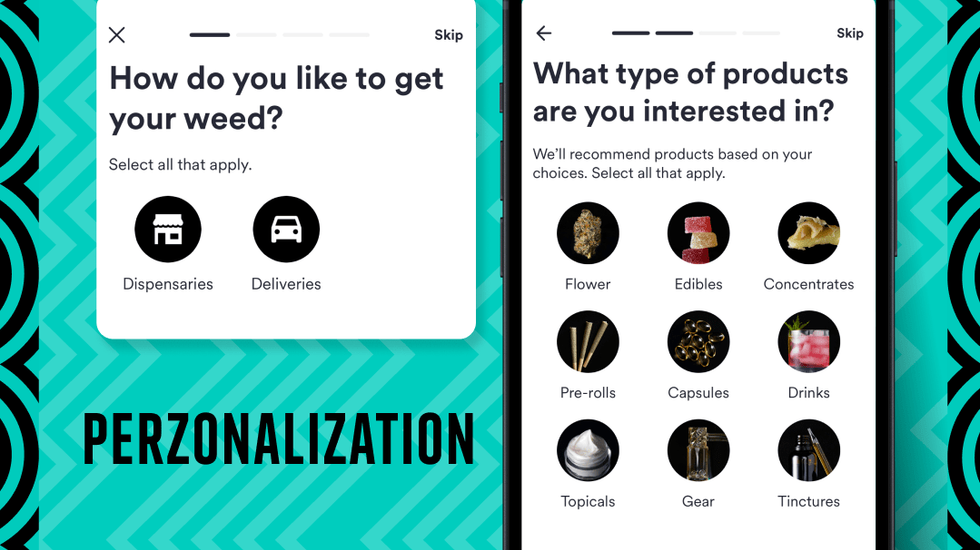 Weedmaps offers personalized recommendations that adapt to your preferences and history
Weedmaps offers personalized recommendations that adapt to your preferences and history










